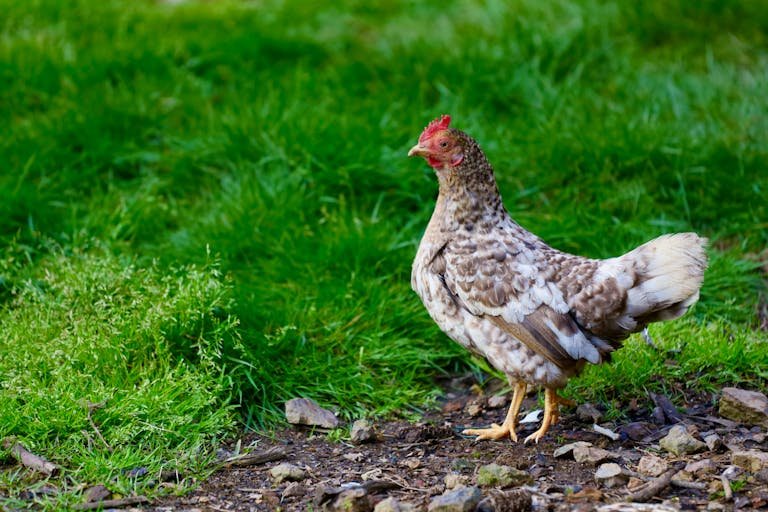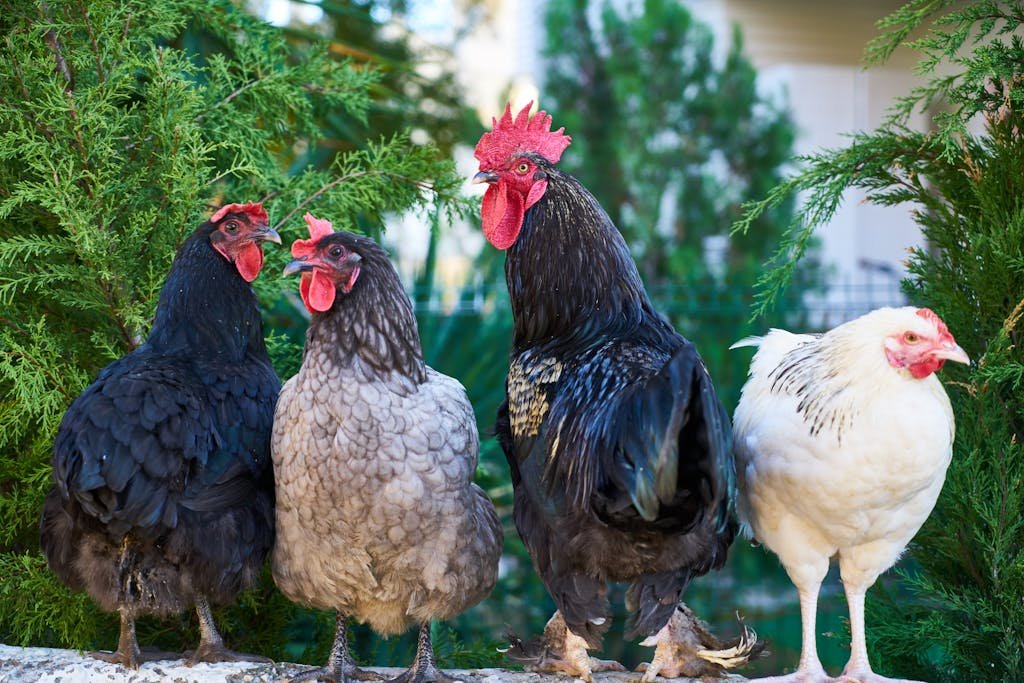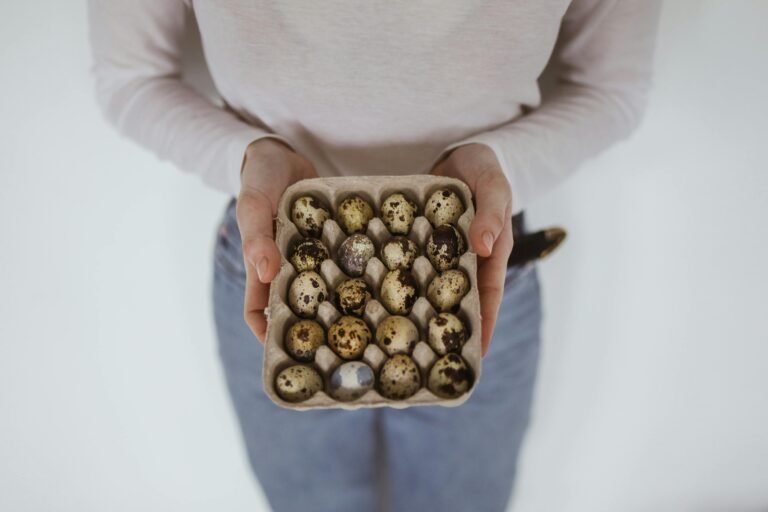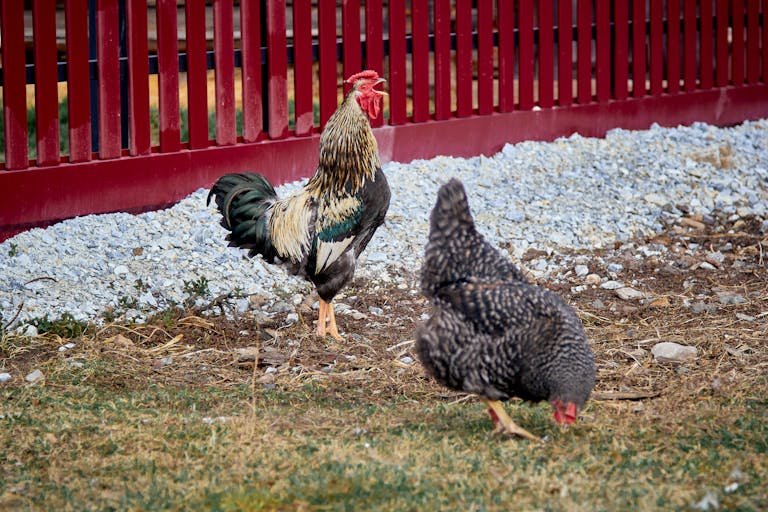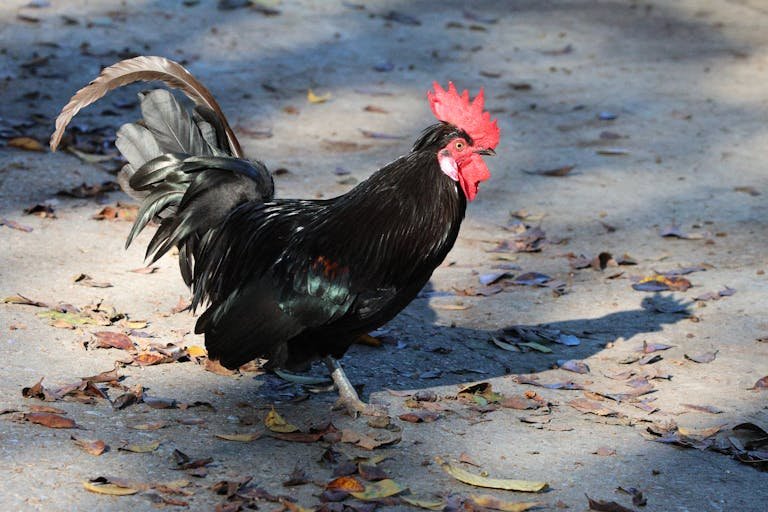Can Chickens Eat Avocado Skins? Risks & Safer Treats

For poultry keepers, ensuring a balanced and safe diet for chickens is a priority. However, certain foods, such as avocado skins, pose severe risks to your flock’s health. While avocados may seem like a nutritious option, the skins, pits, and leaves contain a toxin called persin that can be lethal to chickens.
In this detailed guide, we’ll explore why chickens should never consume avocado skins, highlight symptoms of persin poisoning, provide a step-by-step action plan if your chickens are exposed, and recommend healthier alternatives for your feathered friends.
Why Are Avocado Skins Dangerous for Chickens?
What is Persin?
Persin is a fungicidal toxin found in avocados, primarily concentrated in the skin, pit, and leaves of the fruit. Although it is harmless to humans and certain mammals in small doses, birds, including chickens, are exceptionally sensitive to its toxic effects.
How Persin Works
Persin disrupts multiple biological systems in chickens:
- Respiratory System: This leads to labored breathing, wheezing, and potentially respiratory failure.
- Circulatory System: Interferes with heart function, causing irregular heart rates and possible cardiac arrest.
- Digestive System: Induces vomiting, diarrhea, and dehydration, weakening the chicken’s health.
Even small amounts of avocado skin or residue can be life-threatening to chickens, making it essential to avoid feeding them any part of the avocado plant.
Symptoms of Persin Poisoning in Chickens
Recognizing the early signs of persin poisoning can save your chickens’ lives. Below are the most common symptoms:
| Symptom | Description |
|---|---|
| Difficulty Breathing | Shallow, labored breaths, panting, or wheezing noises. |
| Lethargy | Reduced activity, unwillingness to move, and prolonged inactivity. |
| Loss of Appetite | Refusal to eat or drink, leading to visible weight loss. |
| Diarrhea or Vomiting | Watery droppings, regurgitation, and dehydration. |
| Heart Problems | Irregular heartbeats, fainting, or circulatory collapse. |
Delayed Onset of Symptoms
In some cases, symptoms may not manifest immediately. Persin poisoning can take several hours or even days to show visible effects, making proactive observation critical if exposure is suspected.
What to Do If Chickens Eat Avocado Skins
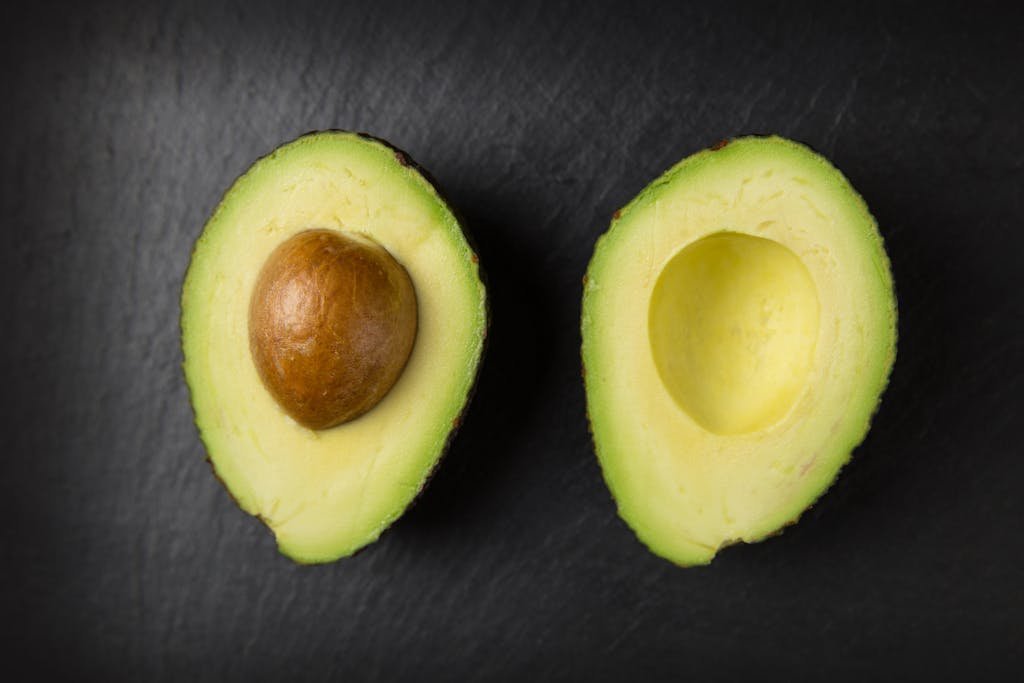
Step 1: Remove the Source
The first and most critical step is to eliminate all avocado skin remnants from the chickens’ environment. Check:
- Feed containers
- Compost piles
- Scraps or garden areas where avocados may have been discarded
Step 2: Monitor for Symptoms
Observe your flock for any unusual behavior or physical changes. Early detection of symptoms like labored breathing or lethargy increases the chances of successful intervention.
Step 3: Consult a Veterinarian
If you suspect poisoning or observe symptoms, contact a veterinarian immediately. Veterinary interventions may include:
- Activated Charcoal: Absorbs remaining toxins in the digestive system.
- Fluid Therapy: Replenishes lost electrolytes and combats dehydration.
- Oxygen Support: Assists chickens experiencing respiratory distress.
- Heart Monitoring: Addresses irregularities in cardiac function.
Step 4: Supportive Care
While awaiting professional care, ensure your chickens have access to fresh water and a stress-free environment to minimize further strain on their system.
Preventing Accidental Ingestion of Avocado Skins
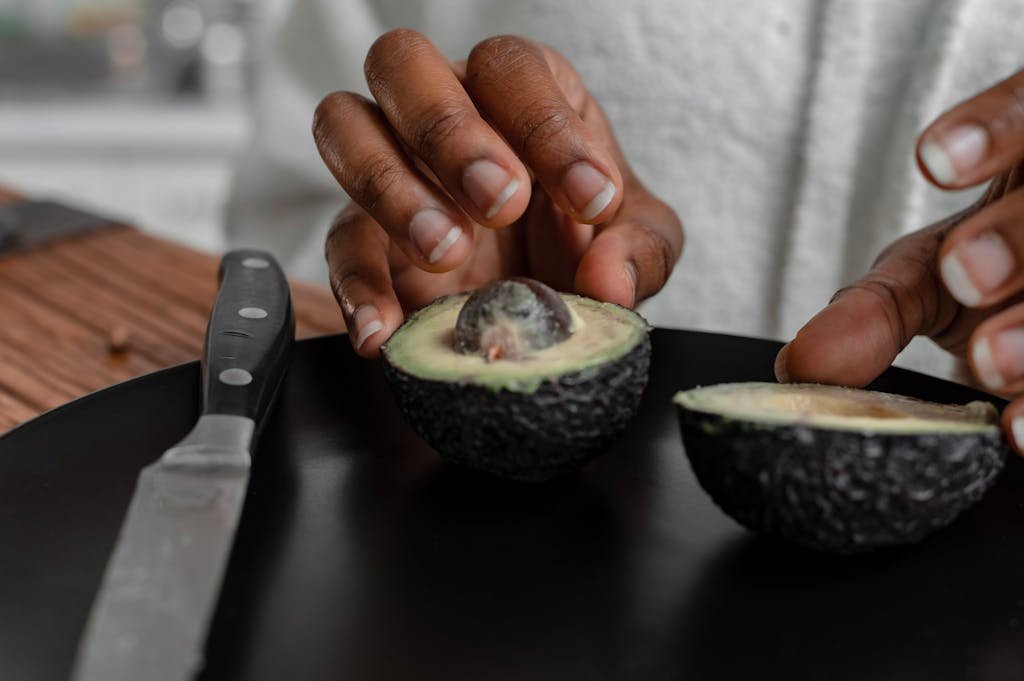
Inspect Food Scraps
Before feeding kitchen scraps to your chickens, thoroughly inspect them for harmful items like avocado skins, pits, or leaves. Always err on the side of caution.
Secure Compost Areas
Chickens love foraging in compost piles, which often contain discarded avocado parts. Ensure compost bins are securely covered and inaccessible to your flock.
Educate Household Members
Make sure everyone in your household knows not to feed avocados or their by-products to chickens. Clear communication can prevent accidental exposure.
Read Also: Is Oregano Good for Chickens? A Natural Health Boost
Safe and Nutritious Alternatives to Avocado Skins
Instead of risking your chickens’ health with harmful foods, offer these safe, nutrient-rich options to diversify their diet:
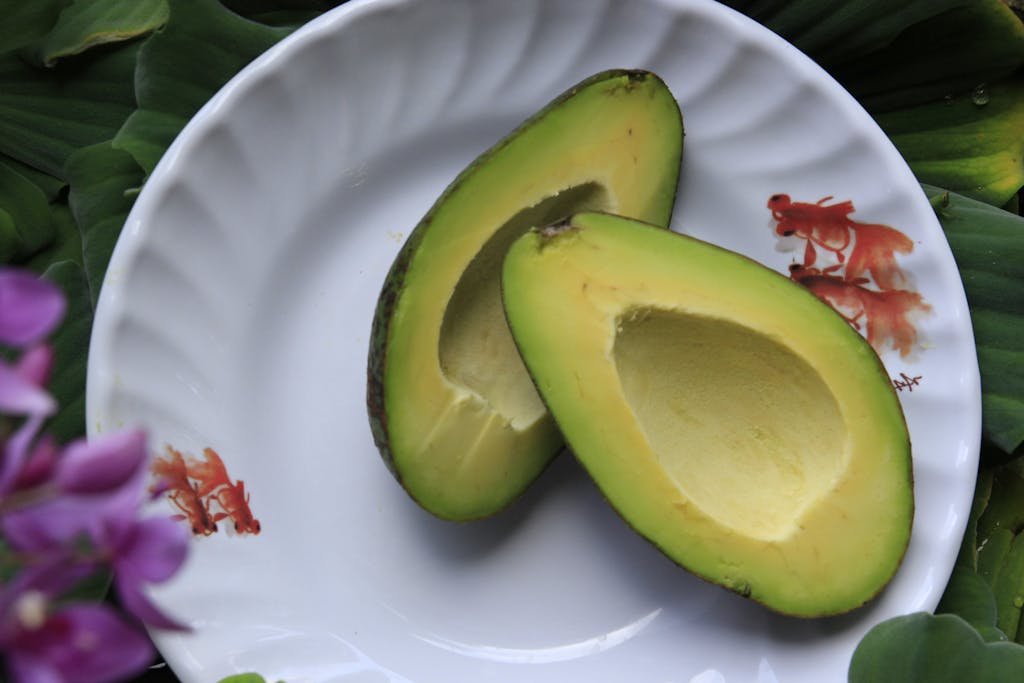
1. Vegetables
Vegetables are packed with essential vitamins and minerals that support overall health and egg production.
| Vegetable | Key Nutrients | Benefits | Feeding Tips |
|---|---|---|---|
| Carrots | Vitamin A, Fiber | Improves vision and immune strength. | Grate or chop into small pieces. |
| Broccoli | Vitamin C, Antioxidants | Boosts immunity and metabolic function. | Serve raw or steamed. |
| Spinach | Iron, Calcium | Supports bone health and egg quality. | Feed in moderation to avoid oxalate overload. |
| Peas | Protein, Fiber | Aids digestion and muscle repair. | Offer fresh or cooked. |
2. Fruits
Fruits should be treated as occasional snacks due to their sugar content, but they provide excellent hydration and nutrition.
| Fruit | Key Nutrients | Benefits | Feeding Tips |
|---|---|---|---|
| Apples | Fiber, Vitamin C | Aids digestion and boosts immunity. | Remove seeds and slice thinly. |
| Bananas | Potassium, Vitamin B6 | Enhances energy and digestive health. | Serve in small, bite-sized chunks. |
| Berries | Antioxidants, Vitamin C | Reduces oxidative stress and boosts immunity. | Offer sparingly as a refreshing treat. |
3. Grains and Seeds
Grains and seeds provide energy and essential nutrients for growth and laying hens.
| Grain/Seed | Key Nutrients | Benefits | Feeding Tips |
|---|---|---|---|
| Oats | Fiber, Protein | Promotes healthy digestion and metabolism. | Serve raw or cooked in small amounts. |
| Barley | Protein, Antioxidants | Supports growth and tissue repair. | Mix with regular feed. |
| Sunflower Seeds | Healthy Fats, Vitamin E | Improves feather quality and skin health. | Offer unsalted and in moderation. |
4. Commercial Treats
If you’re unsure about food safety, high-quality commercial chicken treats are a reliable option.
- Mealworms: Packed with protein, perfect for growth and molting.
- Dried Corn: Provides energy, especially in colder months.
- Grain Mixes: Pre-packaged mixes tailored for chickens’ nutritional needs.
FAQs About Feeding Chickens
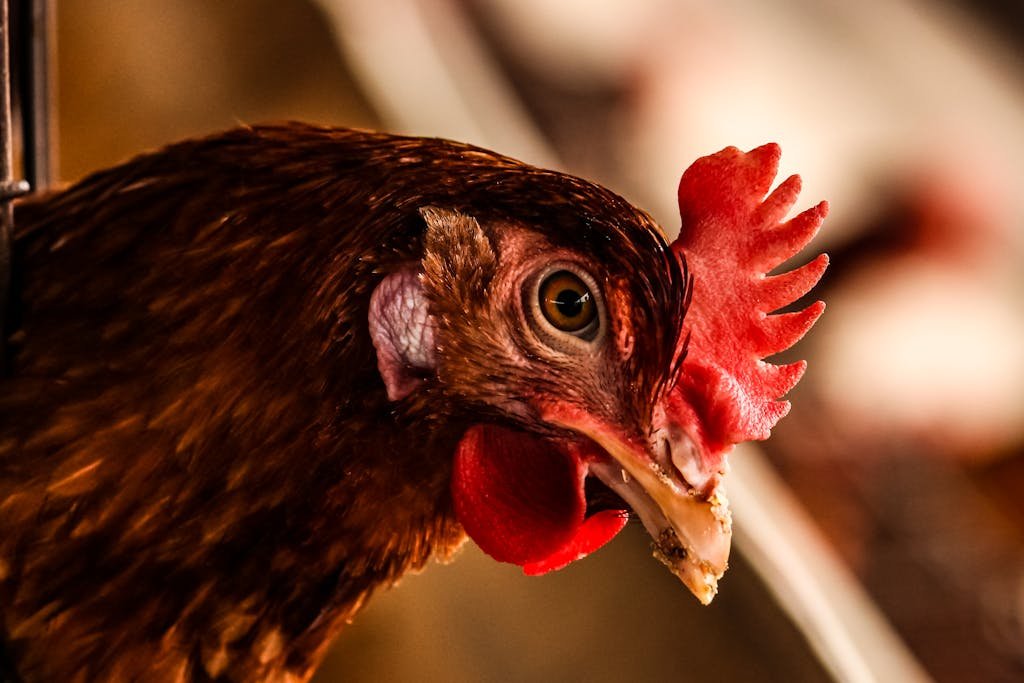
1. Can chickens eat avocado flesh?
While avocado flesh contains lower levels of persin, it is still risky for chickens. It’s best to avoid avocados entirely to eliminate the possibility of accidental skin or pit ingestion.
2. Are all avocado varieties toxic to chickens?
Yes, all varieties of avocados contain persin, though the concentration may vary. Any part of the avocado plant—skin, leaves, or pit—should be kept away from chickens.
3. What are some other toxic foods for chickens?
In addition to avocado skins, other foods to avoid include:
- Onions: Contain thiosulfates that can damage red blood cells.
- Raw Beans: Contain lectins that are highly toxic to chickens.
- Chocolate: Contains theobromine, which is harmful to birds.
4. How often can chickens eat fruits and vegetables?
Fruits and vegetables should comprise no more than 10–15% of a chicken’s diet to maintain a balanced nutritional intake.
5. What should I do if I suspect poisoning?
Immediately remove the harmful food, observe symptoms, and consult a veterinarian for prompt treatment.
Read Also: Can Chickens Eat Bell Peppers? Benefits & Feeding Tips
Final Thoughts
Avocado skins are extremely dangerous for chickens due to the toxin persin. Even a small amount can cause respiratory distress, digestive issues, and potentially fatal outcomes. By avoiding avocado skins and opting for safer alternatives like vegetables, fruits, grains, and seeds, you can ensure your flock thrives in a safe and healthy environment.
Always double-check scraps before feeding them to your chickens and educate others in your household about safe feeding practices.
For more expert advice on poultry care and nutrition, explore our guide “Can Chickens Eat Cooked Onions?” or join our online community for poultry enthusiasts.
